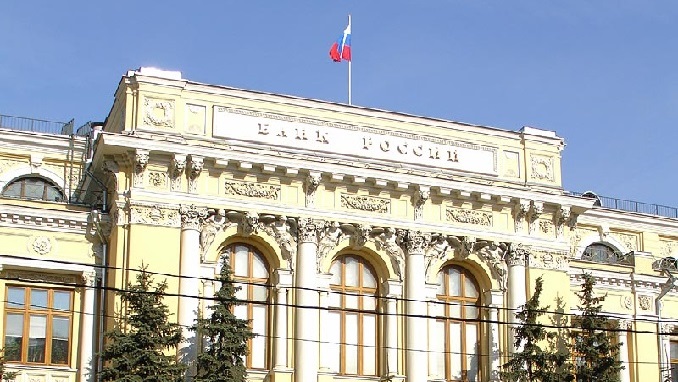The Bank of Russia lowered its key interest rate to 7% on Friday, easing the cost of borrowing for the third time this year, and signaled the possibility of another rate cut at one of the next three board meetings, Bloomberg reports.
The move comes as inflation, the central bank’s key area of responsibility, is slowing, and amid sluggish economic growth, which prompted the central bank to lower its GDP growth forecasts. On Friday, it lowered its 2019 economic growth projection to 0.8%-1.3% from an earlier expected 1.0%-1.5%.
The cut takes the key rate to the upper boundary of the 6%-7% range that the central bank sees as neutral from the point of view of its monetary policy, which is aimed at keeping annual consumer inflation near its 4% target.
Inflation has been falling faster than expected this year and in August declined by 0.2% month-on-month and eased to 4.3% in year-on-year terms, according to the latest data by Rosstat.
“Given the current inflation dynamics, we have downgraded our year-end inflation forecast to 3.8% y/y, below the CBR’s forecast of 4.2-4.7%,” Sberbank CIB commented on Friday.
Governor Elvira Nabiullina, presenting the rate decision, said the central bank will consider lowering the key rate again soon, declining to comment on whether that the bank may be ready to trim the rate both at its next board meeting in October and then in December.
“A lowering of the key rate is likely at one of the upcoming meetings,” Nabiullina said.
The ruble firmed after the rate cut to 65.71 versus the dollar as of 1335 GMT from a level of around 66 versus the dollar seen before the rate cut.
“An important external factor is a slowdown in the growth of the global economy, which has proven more tangible than expected due to, among other things, the growing contradictions in international trade,” Nabiullina said of risks to the Russian economy.
According to Reuters, analysts took the central bank’s message as an indication that it will lower its main interest rate but not aggressively.
“We think the CBR is hinting that the pace of easing will slow – it won’t cut at every upcoming meeting – rather than that it is bringing the easing cycle to an end,” Capital Economics research firm said in a note.
“We expect the key rate to be lowered to 6.75% in December and to 6.5% by the end of the first quarter of 2020,” said Alexander Isakov, an economist at VTB Capital.












